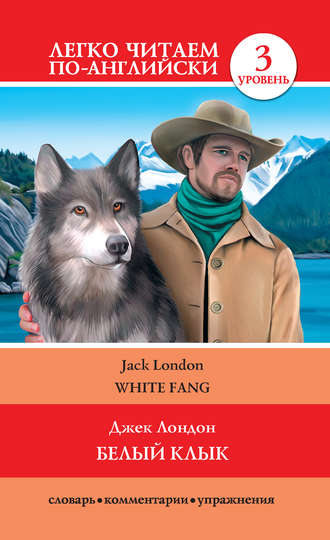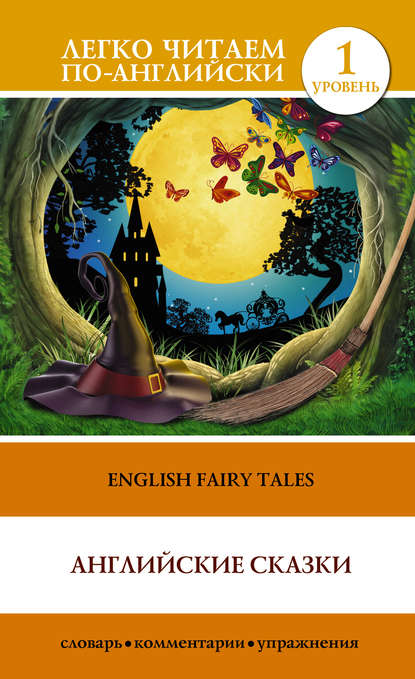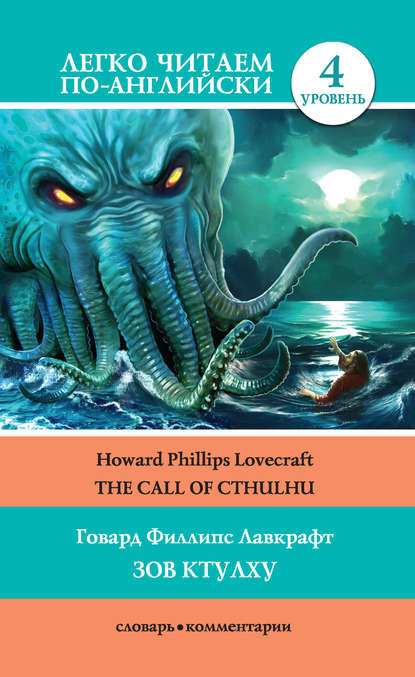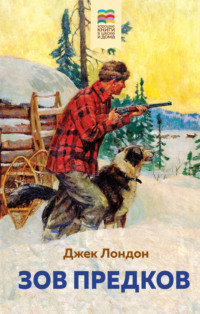Белый клык / White Fang

Полная версия
Белый клык / White Fang
Жанр: зарубежная классикаизучение языкованглийский языклексический материалтекстовый материалзадания по английскому языкуанглийская классикаIntermediate levelзнания и навыки
Язык: Английский
Год издания: 2014
Добавлена:
Серия «Легко читаем по-английски»
Настройки чтения
Размер шрифта
Высота строк
Поля
Конец ознакомительного фрагмента
Купить и скачать всю книгу











